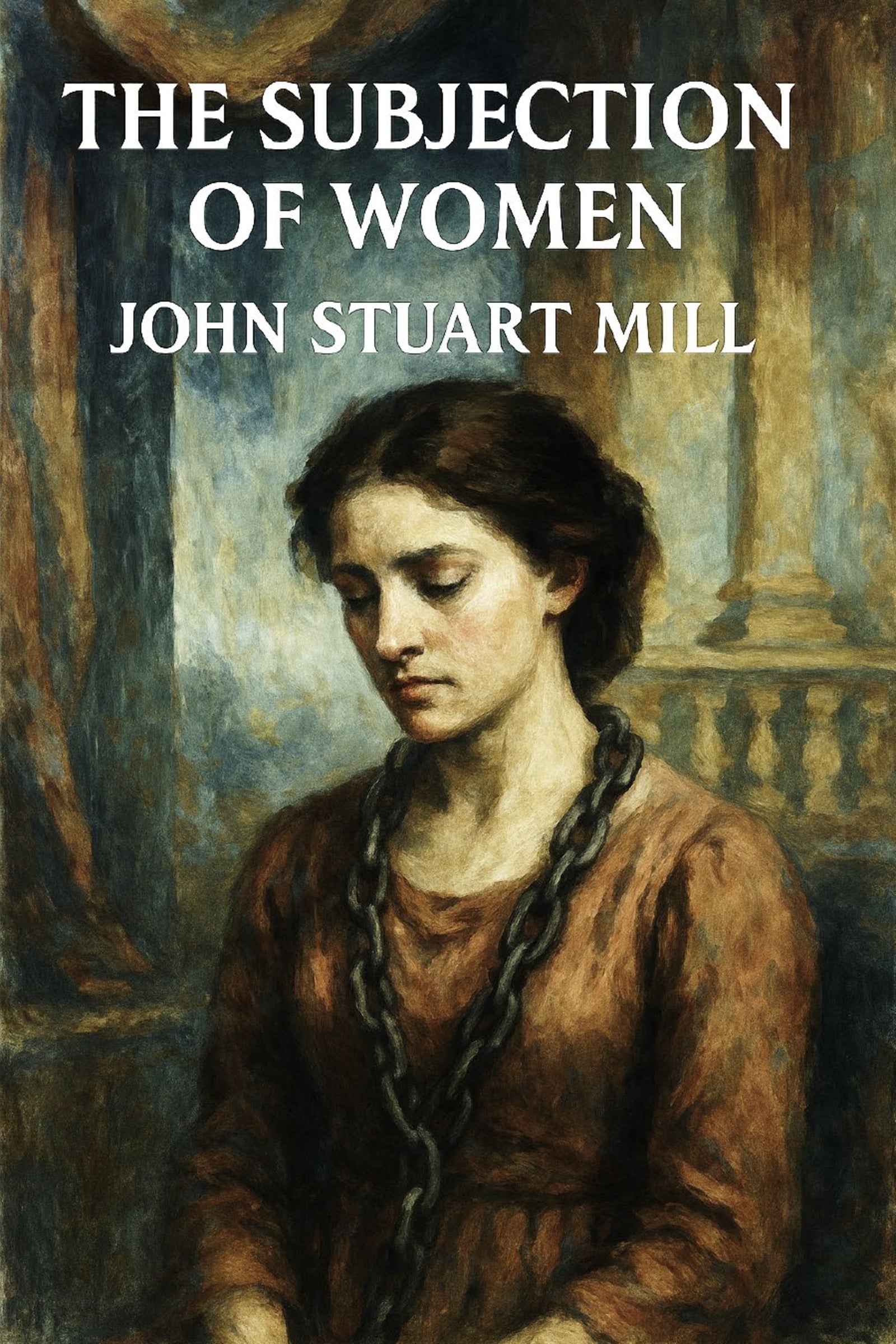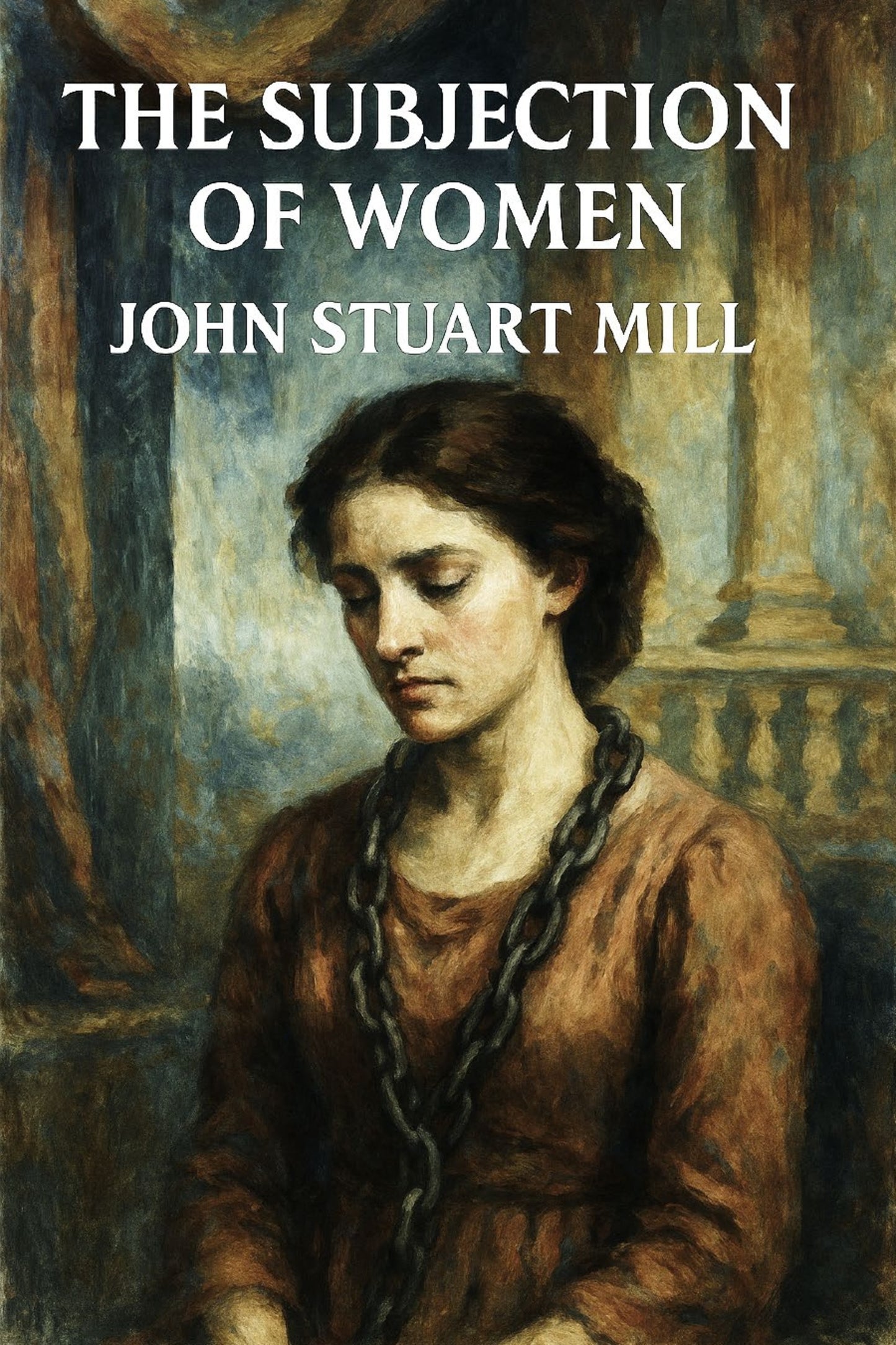Book Description:
John Stuart Mill’s The Subjection of Women (1869) is a bold and enduring work of feminist philosophy that argues for the full legal and social equality of women. Rejecting Victorian norms and centuries of patriarchal tradition, Mill makes a compelling case that the subordination of women is both unjust and a barrier to human progress.
Drawing on reason, morality, and empirical observation, Mill challenges the idea that gender roles are natural or inevitable. He advocates for women’s education, political participation, and economic independence — asserting that society can only reach its full potential when all individuals, regardless of sex, are free to develop their capabilities.
Radical in its time and resonant today, The Subjection of Women remains a foundational text in the history of gender equality and liberal thought.
About John Stuart Mill:
John Stuart Mill (1806–1873) was a British philosopher, economist, and social reformer. A leading figure in liberal political thought, he is best known for works such as On Liberty, Utilitarianism, and The Subjection of Women. Mill championed individual rights, free speech, and equality, and was one of the first prominent men to argue publicly for women's suffrage. His philosophical clarity and progressive ideals helped shape modern democracy and human rights discourse.


